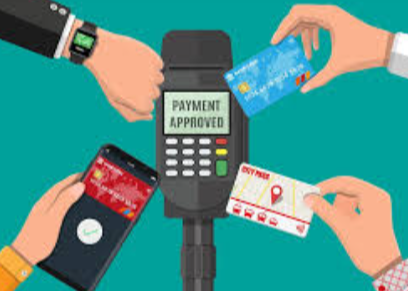The Future of Digital Payments: Cashless Societies in the Making
The landscape of digital payments is shifting towards a future dominated by cashless societies. Mobile payment platforms are gaining popularity, simplifying transactions for consumers. Meanwhile, cryptocurrencies are redefining the traditional notions of currency. However, the transition to a cashless system raises significant issues around security and privacy. As these challenges unfold, the implications for banking and consumer trust become increasingly critical. What solutions will emerge to address these concerns?
The Rise of Mobile Payment Platforms
As consumers increasingly prioritize convenience in their financial transactions, mobile payment platforms have emerged as a transformative force in the digital payments landscape.
These platforms facilitate peer to peer payments and streamline transactions through digital wallets, empowering users with unprecedented control over their finances.
This evolution not only enhances user experience but also signifies a shift towards a more liberated and cashless society.
Read more: How Blockchain Is Changing the Legal Industry
The Impact of Cryptocurrencies on Transactions
The emergence of mobile payment platforms has laid a foundation for the integration of cryptocurrencies into everyday transactions.
As crypto adoption accelerates, users benefit from enhanced transaction speed, allowing near-instantaneous transfers across borders.
This evolution not only democratizes financial access but also empowers individuals, aligning with a growing desire for autonomy in managing personal finances.
The future of payments is undeniably shifting towards this digital frontier.
Security and Privacy Concerns in Cashless Transactions
While cashless transactions offer convenience and speed, they also raise significant security and privacy concerns that cannot be overlooked.
Data breaches have become increasingly common, jeopardizing sensitive information and eroding consumer trust.
Furthermore, the erosion of user anonymity in digital payments creates a landscape where personal habits and transactions can be monitored, ultimately challenging the principles of individual freedom and privacy.
The Future of Banking in a Cashless Society
Although technological advancements are shaping the landscape of modern finance, the future of banking in a cashless society presents both opportunities and challenges that require careful consideration.
Digital banking can enhance efficiency and accessibility, but it must prioritize consumer trust to thrive.
As institutions evolve, ensuring robust security measures and transparent practices will be vital to foster confidence in this new financial paradigm.
Conclusion
As cashless societies emerge, the integration of mobile payment platforms and cryptocurrencies continues to reshape the financial landscape. Statistics reveal that by 2025, over 1.31 billion people are expected to use mobile wallets globally, emphasizing a significant shift in consumer behavior towards digital transactions. However, to fully realize this potential, addressing security and privacy concerns will be crucial. Ultimately, the path forward will depend on fostering consumer trust through transparent practices and innovative security measures.





